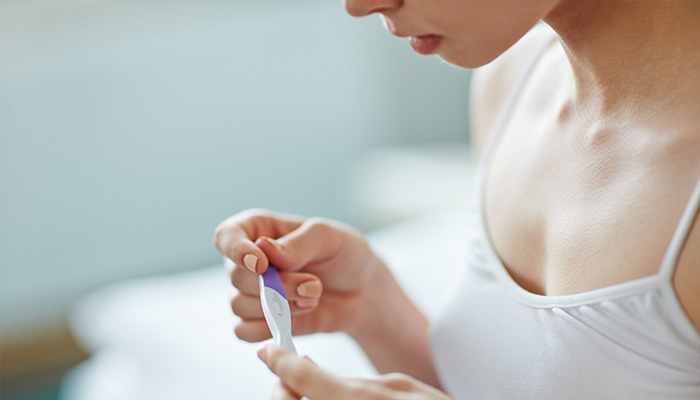
Simple Strategies to Improve Your
Chances of Getting Pregnant
Trying to conceive is an exciting endeavor for most couples. Some women have no trouble, while it may take longer for others. Follow these simple tips to improve your chances of conception and set the stage for a healthy pregnancy.
Time it
Keeping a calendar of your ovulation may not seem sexy or exciting, but timing intercourse during your most fertile days will increase your chances of pregnancy. You can find ovulation calendars online, but an old-fashioned notebook will do just as well. Have sex often during this time – more won't hurt.
Maintain a Healthy Weight
Body weight, or more importantly, body mass index (BMI) is an important factor for both men and women when trying to conceive. Women who are overweight or obese (BMI of 25 and over) may experience an increase in the time it takes to get pregnant relative to women with a healthy weight. For women, a BMI between 18.5 and 24.9 is considered healthy.
His weight is important, too. Men who are overweight can have lower sperm counts. Maintaining a healthy weight is a great goal for you and your partner.
Quit smoking
If you smoke, quit. Smoking is associated with lower fertility in women and men. A woman's uterus may be less receptive to the fertilized egg if she smokes. In men, smoking can reduce overall sperm count and damage DNA. Not smoking during pregnancy will be vitally important for a good outcome. By getting control of your smoking habit now, you can set yourself up for success. If you need help stopping, there are resources available that can be tailored to your specific situation.
Reduce Caffeine Intake
Coffee, and other caffeinated beverages like soda, can delay conception. Consuming 500 milligrams of caffeine per day – the equivalent of 5 cups of coffee – is associated with lower fertility. It's not necessary to give up your morning coffee, but moderation is key. Try to stay under 250 mg per day.
Alcohol in Moderation
Moderate alcohol consumption is acceptable. However, consuming more than two servings of alcohol per day has been shown to significantly decrease fertility. When you decide to have a drink, know that a serving of wine is four ounces and a serving of beer is 12 ounces. Once you become pregnant, alcohol should be avoided entirely.
Relax
Don't let the process stress you out. Anxiety can have negative effects on fertility. Focus on the present, not the end goal. Be confident in your body and your partner.
For additional information, talk with your physician at Women’s Medical Associates of Nashville.
